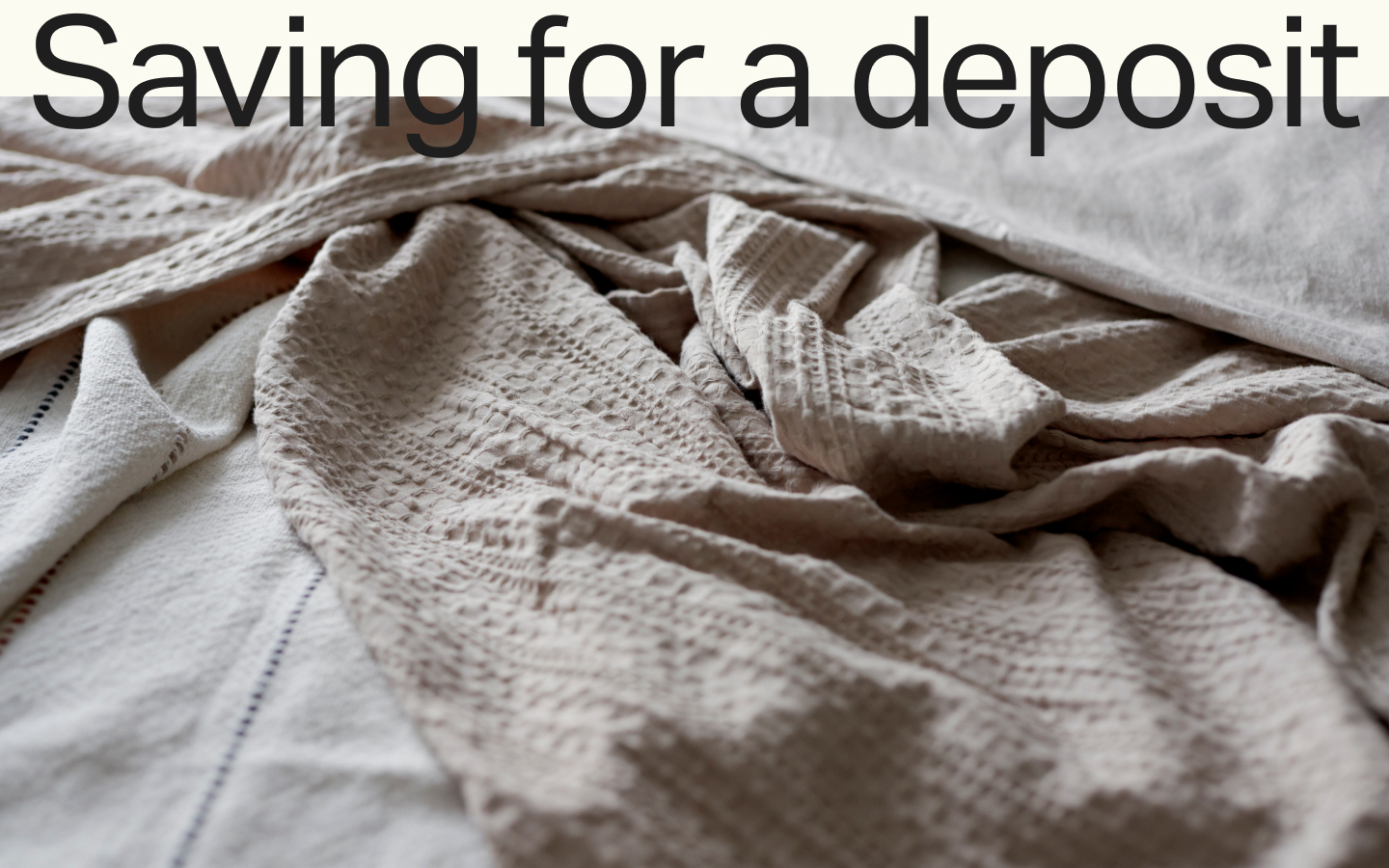
Buying a home - Tips on how to save for a deposit
Saving for a deposit is the first step towards owning a home for many people. Whether you’re saving up to buy your first home or your forever home, saving enough money for a deposit can be hard. If you’re currently living in a rental property, you might think it’s impossible to build up enough savings for a place of your own. Equally, you might find it just as hard to save up if you already own a home and you’re wanting to buy a bigger home to suit your needs, as well as paying out for other living expenses too. Here are our tips on saving for a deposit, no matter what your circumstances are.
Set up a standing order
Treat your savings like a monthly direct debit and set up a standing order for a few days after pay day so that you don’t even have to think about transferring money into a savings account or ISA. It doesn’t matter if you can afford to save £20 or £200 a month, whatever you save will go a long way in helping you buy a home and will take the stress out of remembering to save your money.
Say no to unnecessary spending
It’s hard to curb unnecessary spending, especially when it’s become a habit but there is an easy way of minimising the amount of money you spend on luxuries such as takeaways, meals out and coffee’s. Firstly, plan your meals and do a full food shop, this way you’re not wasting money by buying food you might not eat and you have an idea of what meals you can cook for each day of the week. Hopefully, this can also help you to stop buying takeaways as you already have fresh food at home. Secondly, if you are tempted to buy a takeaway/coffee or a treat from Starbucks or Costa, transfer what it would cost for the food or drink into your savings. It may not look like much but if you do this every time you crave a coffee you’ll soon see it add up. Meals out can be expensive but not always avoided, often meals out are celebratory, if this is the case, try and plan ahead and make sure you have money set aside for this. And if you know you’re going out for a meal that week, this is the time to not spend it on takeaways and other unnecessary food and drink items.
Set a budget
Budgeting can be hard, but often necessary when it comes to saving for a home. It’s important to make your budgets realistic and achievable so that you can easily keep within them and not feel deflated if you go over your budget. Setting a budget for things like food shopping, dinner or drinks with friends and activities for the kids is really smart. These are all things we often do that will always involve spending money, however if you set a budget for yourself this will allow you to outline what money you have and what you’re spending it on. There are also some great budget diaries around which makes setting a budget a lot easier.
Savvy savings
Think outside the box, there are lots of different incentives from different brands that could potentially result in you gaining money. Certain bank accounts now offer £100 if you switch to them as well as an extra £100 for every friend you refer. Some banks offer cash back extras on certain brands and shops. If you sign up to their cashback extras scheme, you can activate the cashback and earn up to around 20% back when you spend with that particular brand.
Get rid of what you don't use
Not only is this great for de-cluttering your wardrobe but it could potentially earn you some money! If you’re having a clear out, and the items are in good condition, try selling them instead of throwing them out. Whether it’s clothes, shoes or furniture there maybe someone out there who wants to buy it. Places like eBay, Amazon and Gumtree are all free to list your unwanted items.







